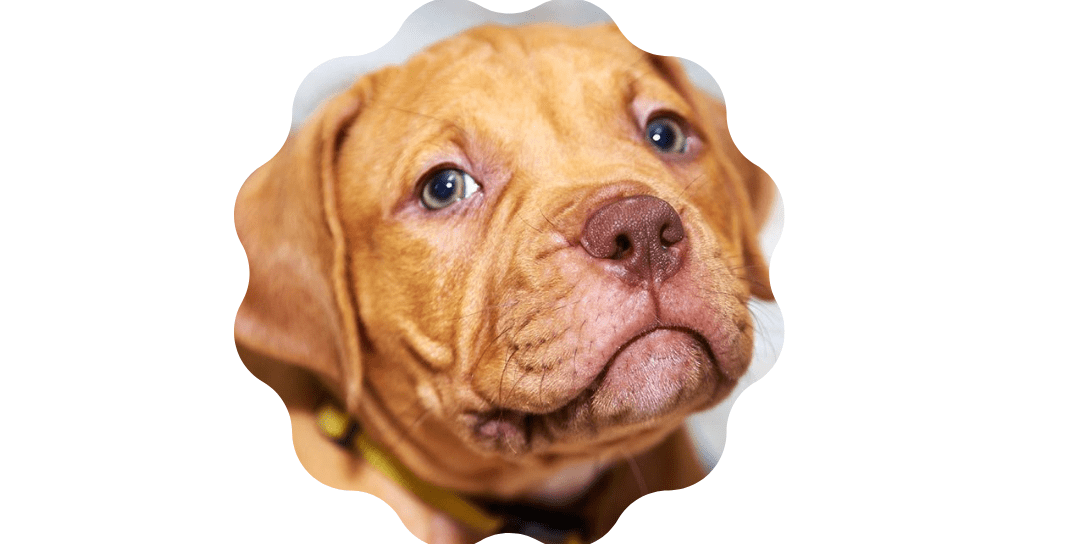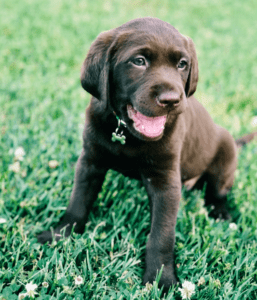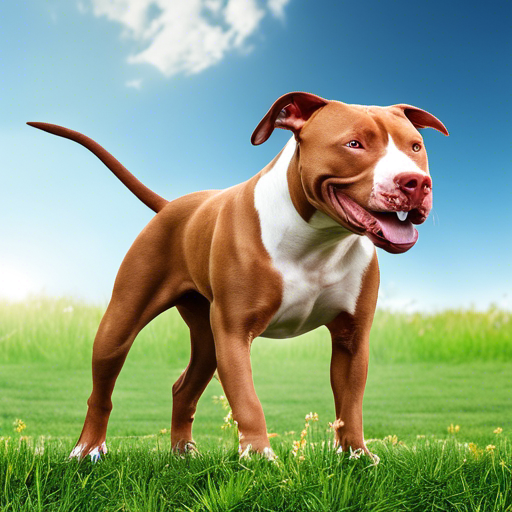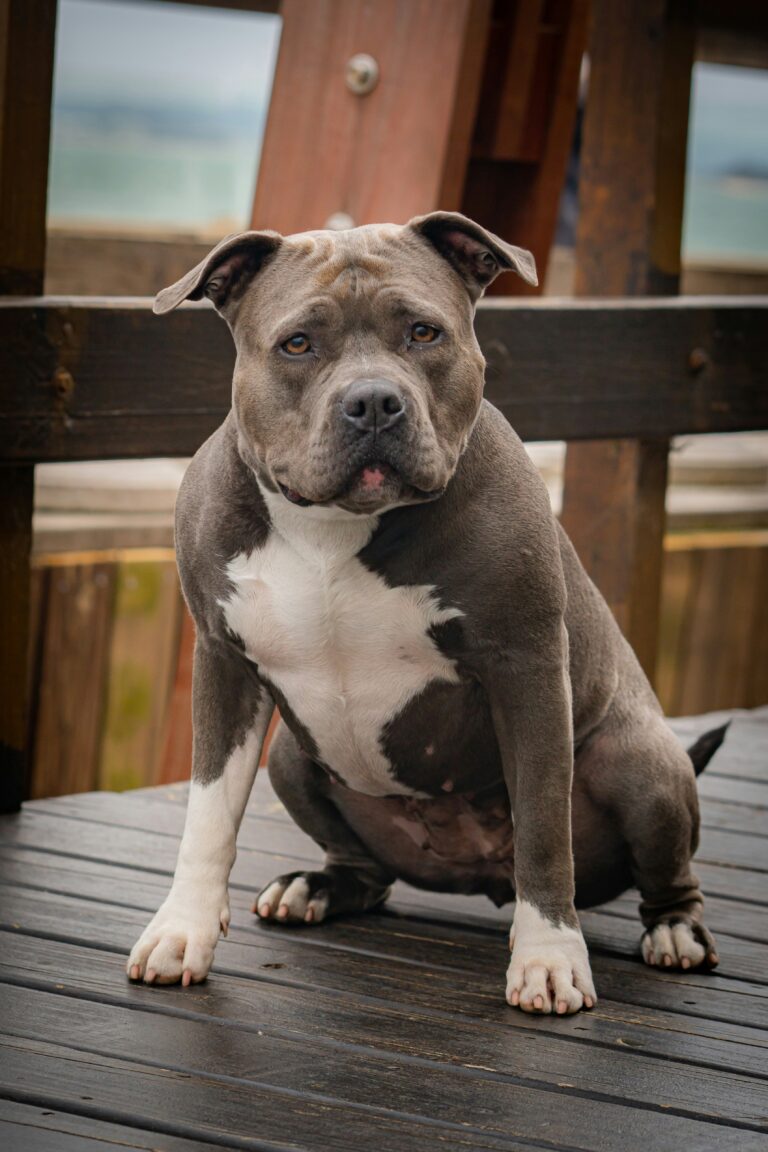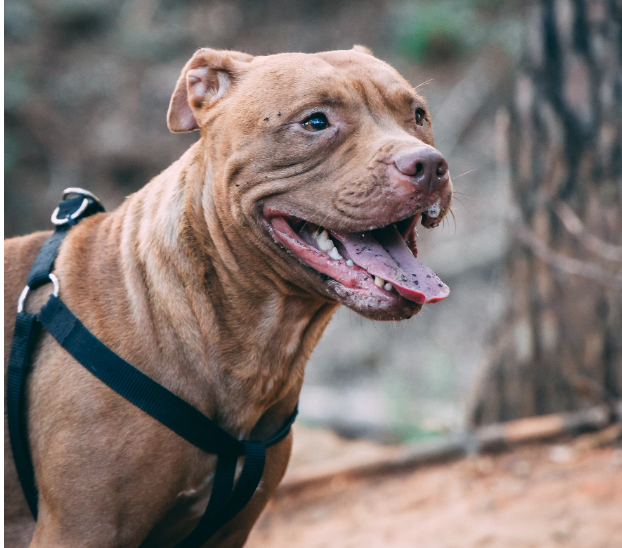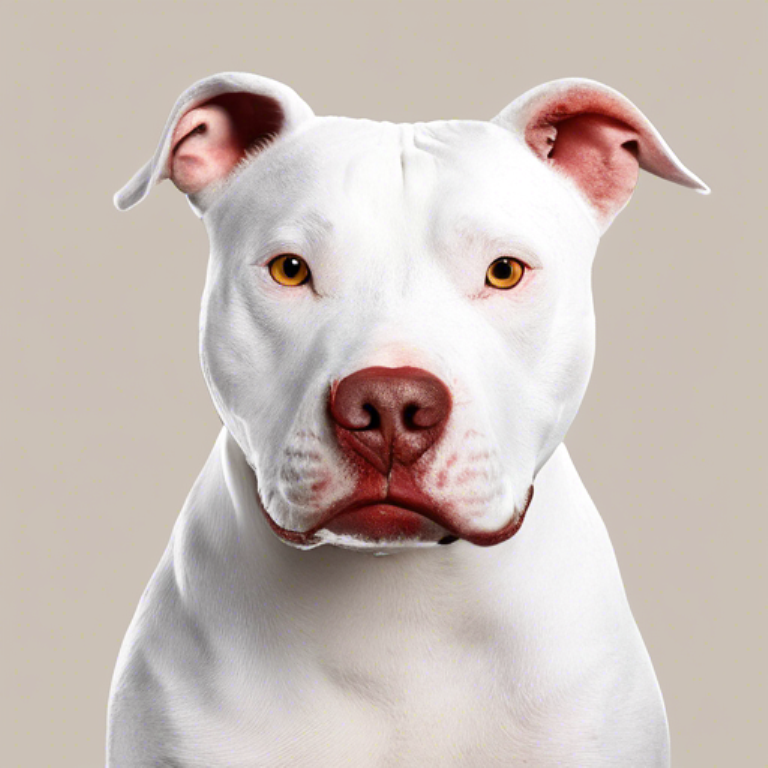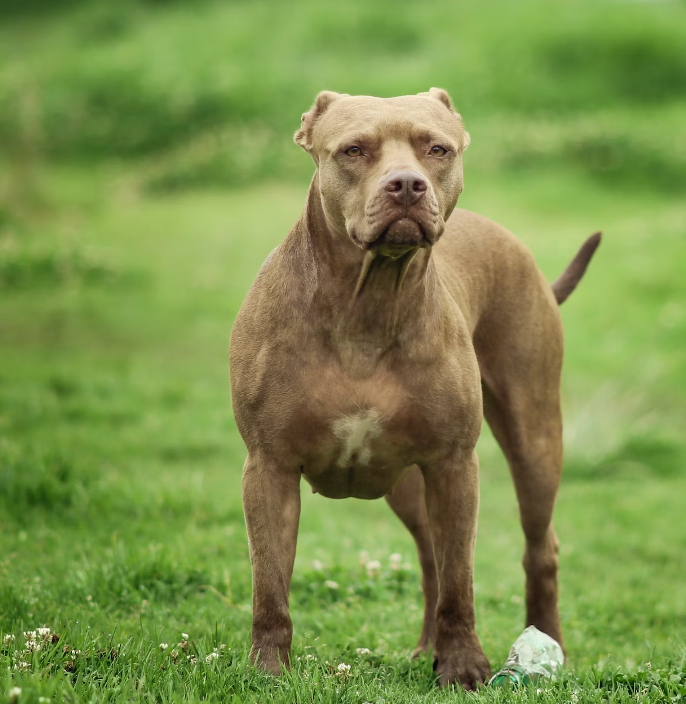how long do red nose pit bulls live
Introduction
Welcome to the fascinating world of Red Nose Pit Bulls, a breed known for its loyalty, intelligence, and affectionate nature. In this article, we delve into the lifespan of Red Nose Pit Bulls, exploring their history, characteristics, and factors influencing their longevity.
What Defines a Red Nose Pit Bull?
Red Nose Pit Bulls are characterized by their distinctive red-colored noses, muscular build, and energetic demeanor. Beyond their physical attributes, they are renowned for their loyalty, affection towards humans, and intelligence. Understanding their breed history provides valuable insights into their temperament and behavior.
Lifespan of Red Nose Pit Bulls: Factors at Play
Several factors influence the lifespan of Red Nose Pit Bulls. Genetics and lineage play a significant role, as does their diet, exercise regimen, and access to quality healthcare. Responsible ownership and proactive veterinary attention contribute to ensuring a longer, healthier life for these beloved companions.
Average Lifespan of Red Nose Pit Bulls
While individual lifespans may vary, Red Nose Pit Bulls typically live between 12 to 14 years. However, various factors such as genetics, diet, exercise, and healthcare practices can either extend or shorten their lifespan. Understanding these factors is crucial for providing optimal care.
Understanding Red Nose Pit Bull Aging Process
From playful puppies to wise seniors, Red Nose Pit Bulls undergo various stages of aging. Knowing the signs of aging, such as decreased mobility or changes in appetite, allows owners to adapt their care routines accordingly. Additionally, awareness of common health issues in aging Pit Bulls enables early intervention and management.
The Role of Genetics in Longevity
Genetics play a pivotal role in determining a Red Nose Pit Bull’s lifespan. Responsible breeding practices, including genetic health testing, help mitigate hereditary health issues and promote longevity. By selecting healthy breeding stock, breeders can contribute to the overall health and lifespan of the breed.
Nutritional Needs for a Long and Healthy Life
A balanced diet is essential for maintaining the health and vitality of Red Nose Pit Bulls. A diet rich in high-quality proteins, essential fatty acids, vitamins, and minerals supports overall well-being and longevity. Avoiding common dietary mistakes such as overfeeding or feeding inappropriate foods is crucial for preventing obesity and related health issues.
Exercise and Physical Activity
Regular exercise is vital for keeping Red Nose Pit Bulls physically and mentally stimulated. Engaging in activities such as brisk walks, agility training, or interactive games not only promotes physical fitness but also strengthens the bond between owner and dog. Mental stimulation and enrichment activities are equally important for preventing boredom and behavioral issues.
Healthcare Routine for Red Nose Pit Bulls
Regular veterinary check-ups, vaccinations, and preventive care measures are essential components of maintaining a Red Nose Pit Bull’s health. Early detection of health issues allows for prompt treatment and management, ultimately extending their lifespan. Owners should adhere to recommended vaccination schedules and seek veterinary advice for any concerns.
Common Health Issues and How to Address Them
Despite their robust nature, Red Nose Pit Bulls are prone to certain health issues, including hip dysplasia, allergies, skin conditions, and dental problems. Understanding the symptoms and treatment options for these conditions empowers owners to provide the best possible care for their furry companions.
Quality of Life Factors
Socialization, training, environmental enrichment, and emotional well-being significantly impact a Red Nose Pit Bull’s quality of life. Positive reinforcement training methods, exposure to various stimuli, and providing a stimulating environment enhance their overall happiness and well-being.
Creating a Comfortable Living Environment
Whether indoors or outdoors, providing a safe and comfortable living environment is essential for Red Nose Pit Bulls. Adequate shelter, bedding, and safety precautions ensure their physical comfort and security.
Recognizing Signs of Illness
Being attuned to behavioral changes and physical symptoms allows owners to promptly address potential health issues. Knowing when to seek veterinary help can make a crucial difference in diagnosing and treating illnesses effectively.
Puppy Care and Development
Early socialization, positive reinforcement training, and monitoring growth milestones are essential aspects of raising a healthy Red Nose Pit Bull puppy. Setting a strong foundation during their formative months sets the stage for a fulfilling and rewarding relationship.
Senior Care for Aging Red Nose Pit Bulls
As Red Nose Pit Bulls age, adjustments to their care routines may be necessary. Special considerations for senior dogs, including dietary modifications, increased veterinary monitoring, and palliative care, ensure their comfort and well-being in their golden years.
Maintaining a Healthy Weight
Obesity poses significant health risks for Red Nose Pit Bulls, including joint problems and cardiovascular issues. Weight management strategies, such as portion control and regular exercise, are crucial for maintaining a healthy weight and preventing obesity-related complications.
Importance of Spaying and Neutering
Apart from preventing unwanted litters, spaying and neutering offer numerous health benefits for Red Nose Pit Bulls, including reducing the risk of certain cancers and behavioral problems. Responsible pet ownership entails making informed decisions regarding reproductive health.
